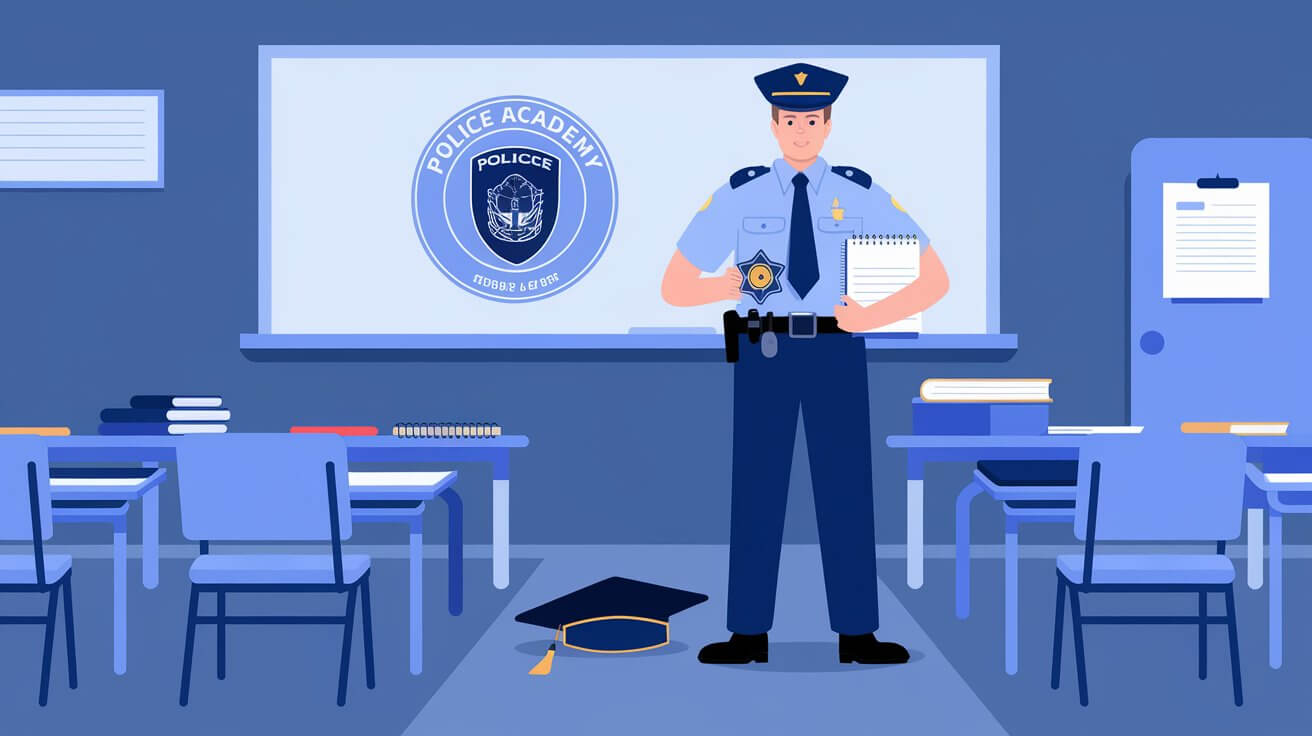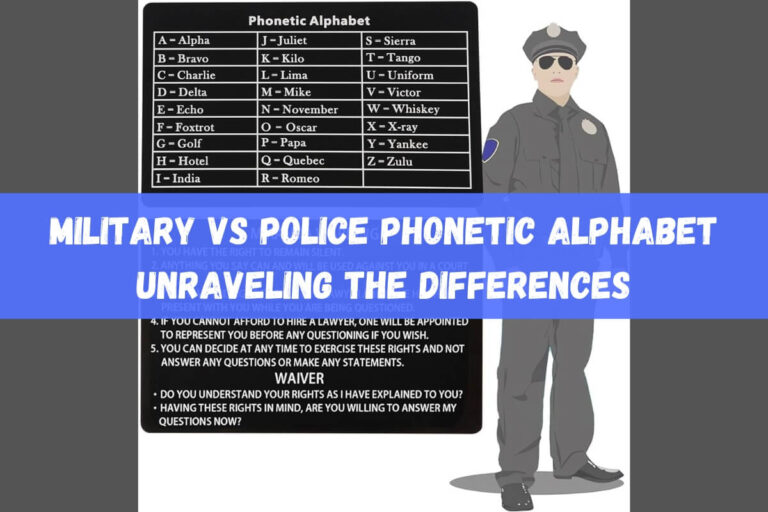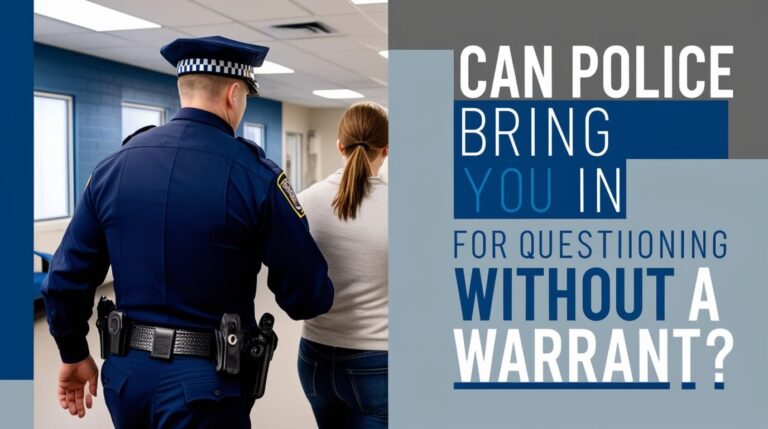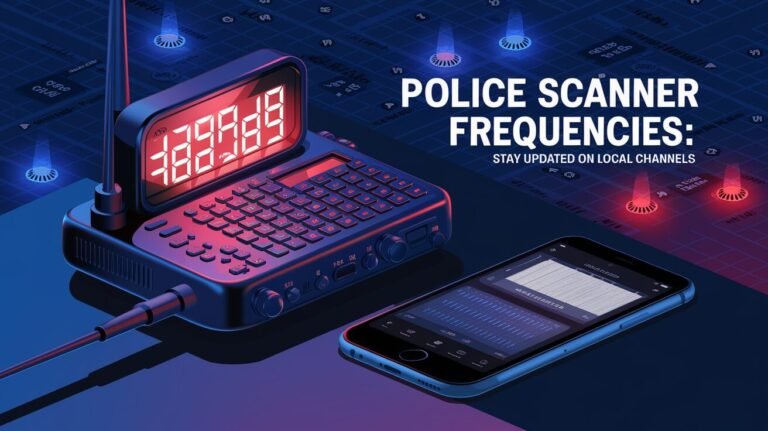Police Officer Requirements: Education, Training & Qualifications

Police departments across the United States seek dedicated candidates who meet strict standards. This guide covers every requirement you’ll need to join law enforcement in 2024.
Basic Police Officer Requirements
The path to becoming a police officer starts with meeting core eligibility standards. The minimum age varies between 19-21 years old, depending on the department. Most agencies require candidates to be under 35 years at application time.
Age Requirements for Police Officers
Police departments maintain strict age limits. You must be at least 19 years old to apply, though many departments set the minimum at 21. The NYPD allows applications starting at age 17.5 but requires officers to be 21 at appointment. The maximum age cap sits at 35 for most departments.
Military veterans get special age considerations. Your active service years can reduce your application age. This allows veterans up to six extra years beyond standard age limits.
Citizenship and Residency Rules
You must be a United States citizen to become a police officer. This requirement stands firm across all departments nationwide. Permanent residents or visa holders cannot qualify.
Many departments also enforce local residency rules. The NYPD requires officers to live in:
- New York City’s five boroughs
- Nassau County
- Suffolk County
- Westchester County
- Rockland County
- Putnam County
- Orange County
Officers must establish residency within 30 days of hiring.
Educational Requirements
High school graduation marks the bare minimum education requirement. However, most departments now demand college credits or military service.
The NYPD requires:
- 60 college credits with a 2.0 GPA minimum
- Or 2 years of active military service
- Or 4-year high school diploma plus 2 years of military service
State police departments often match these standards. College coursework should focus on:
- Criminal justice
- Criminology
- Emergency management
- Cybersecurity
- Social work
Driver’s License Requirements
A valid driver’s license proves essential for police work. Departments check for:
- Clean driving record
- Valid state license
- At least one year of licensed driving experience
- No major traffic violations
- No DUI convictions
Physical Requirements for Police Officers
Police work demands peak physical condition. Departments test candidates thoroughly before acceptance.
Medical Standards and Health Requirements
Medical screening includes:
- Complete physical examination
- Blood work
- Drug screening
- EKG testing
- Stress test evaluation
- Body composition analysis
- Overall health assessment
Candidates must maintain good health habits. Regular exercise, proper nutrition, and adequate sleep help meet these standards.
Vision and Hearing Standards
Vision requirements include:
- 20/20 corrected vision in both eyes
- No worse than 20/100 uncorrected vision
- Normal color vision (tested via Ishihara Test)
- No significant eye conditions
Hearing standards require:
- Normal hearing range
- No need for hearing aids
- Clear audio perception
- Good directional hearing
Physical Fitness Test Requirements
The Job Standards Test (JST) evaluates basic physical abilities. NYPD candidates must complete these tasks in 4 minutes, 28 seconds:
- Sprint 50 feet
- Climb over fence
- Climb stairs
- Physical restraint demonstration
- Pursuit run
- Drag 176-pound mannequin 35 feet
- Trigger pull test
Body Composition and Appearance Standards
Departments maintain strict appearance codes:
- No visible tattoos above collar
- No facial piercings
- Natural hair colors only
- Neat, professional appearance
- Well-groomed facial hair
- Conservative hairstyles
Background and Character Requirements
Police departments conduct thorough background investigations. Past behavior impacts eligibility significantly.
Criminal History Checks
Automatic disqualifiers include:
- Felony convictions
- Domestic violence convictions
- Dishonorable military discharge
- Current criminal charges
- Serious misdemeanors
Driving Record Requirements
Clean driving records matter. Departments review:
- Traffic violations
- Accident history
- License suspensions
- Insurance records
- Vehicle registration history
Financial Background Review
Financial responsibility indicates character. Checks examine:
- Credit history
- Bankruptcy records
- Debt management
- Financial obligations
- Tax compliance
Character and References Check
Character investigations include:
- Employment history (10 years)
- Personal references
- Professional references
- Neighbor interviews
- Social media review
Police Academy Training Requirements
Academy training forms the foundation of police work. Programs run approximately six months.
Academy Training Components
Core training covers:
- State and local laws
- Constitutional rights
- Police procedures
- Emergency response
- First aid
- Firearm handling
- Defense tactics
- Vehicle operations
- Report writing
Physical Training Standards
Academy physical training includes:
- Daily fitness routines
- Strength training
- Endurance building
- Self-defense techniques
- Combat training
- Arrest techniques
- Emergency response drills
Academic Requirements During Training
Classroom instruction covers:
- Criminal law
- Traffic laws
- Constitutional rights
- Ethics training
- Cultural diversity
- Crisis intervention
- Report writing
- Court procedures
Testing and Examination Process
Multiple tests evaluate candidate readiness. Each stage requires passing scores.
Written Entrance Exam Details
Written tests assess:
- Reading comprehension
- Writing skills
- Problem-solving
- Memory recall
- Situational judgment
- Basic math
- Report writing
Physical Agility Test Components
Standard physical tests include:
- Push-ups
- Sit-ups
- 1.5-mile run
- Obstacle course
- Strength tests
- Flexibility assessment
- Endurance evaluation
Psychological Evaluation Process
Mental fitness screening includes:
- Written psychological tests
- One-on-one interviews
- Personality assessments
- Stress tolerance evaluation
- Decision-making scenarios
- Emotional stability check
Drug Screening Requirements
Drug testing policies cover:
- Initial screening
- Random testing
- Post-incident testing
- Reasonable suspicion testing
- Zero tolerance standards
State-Specific Police Requirements
Requirements vary by state and department. New York sets high standards.
NYPD-Specific Standards
NYPD requirements include:
- 60 college credits
- 21 years minimum age
- NYC area residency
- Clean background
- Physical fitness
- Complete academy training
State Trooper Requirements
New York State Police demand:
- Age 20-30 at application
- 60 college credits
- State residency
- Valid license
- Clean record
- High physical standards
Sheriff Deputy Requirements
County requirements vary. Common standards include:
- High school diploma
- Clean record
- Valid license
- Physical fitness
- Local residency
- Department training
Career Outlook and Advancement
Police careers offer growth potential. Salary and advancement vary by location.
Police Officer Salary Expectations
New York police salaries range widely:
- Starting: $51,880
- Median: $85,460
- Top 10%: $138,360
- NYPD: Doubles after 5.5 years
Job Growth Statistics
Law enforcement careers show steady growth:
- 3.9% growth through 2033
- Consistent job openings
- Strong demand continues
- Current officer shortages
- Regular retirement turnover
Career Advancement Options
Advancement opportunities include:
- Detective roles
- Sergeant positions
- Specialized units
- Leadership roles
- Administrative positions
Continuing Education Requirements
Ongoing training includes:
- Annual certifications
- Skill updates
- New law training
- Technology training
- Leadership development
Common Disqualifying Factors
Certain factors automatically disqualify candidates. Know these barriers before applying.
Criminal History Disqualifiers
Deal-breakers include:
- Felony convictions
- Domestic violence
- Drug convictions
- Multiple arrests
- Serious misdemeanors
Medical Disqualifiers
Health issues that disqualify:
- Poor vision
- Hearing loss
- Heart conditions
- Physical limitations
- Chronic conditions
Background Check Red Flags
Warning signs include:
- Poor work history
- Bad references
- Financial problems
- Social media issues
- Character concerns
Police departments maintain high standards to ensure quality officers. Meeting these requirements demands dedication and preparation. Start early to build the qualifications needed for a successful law enforcement career.






